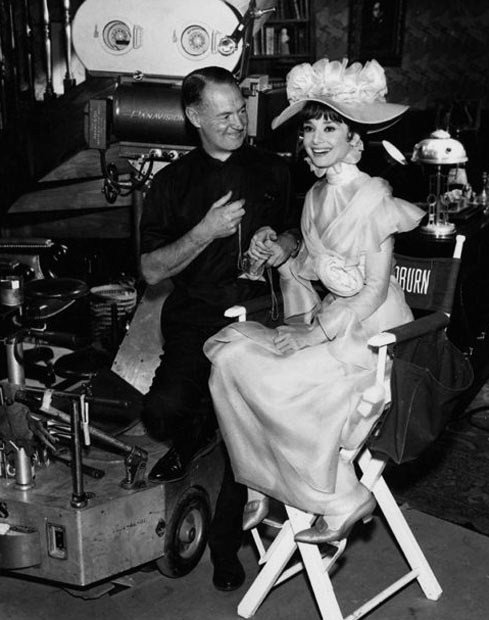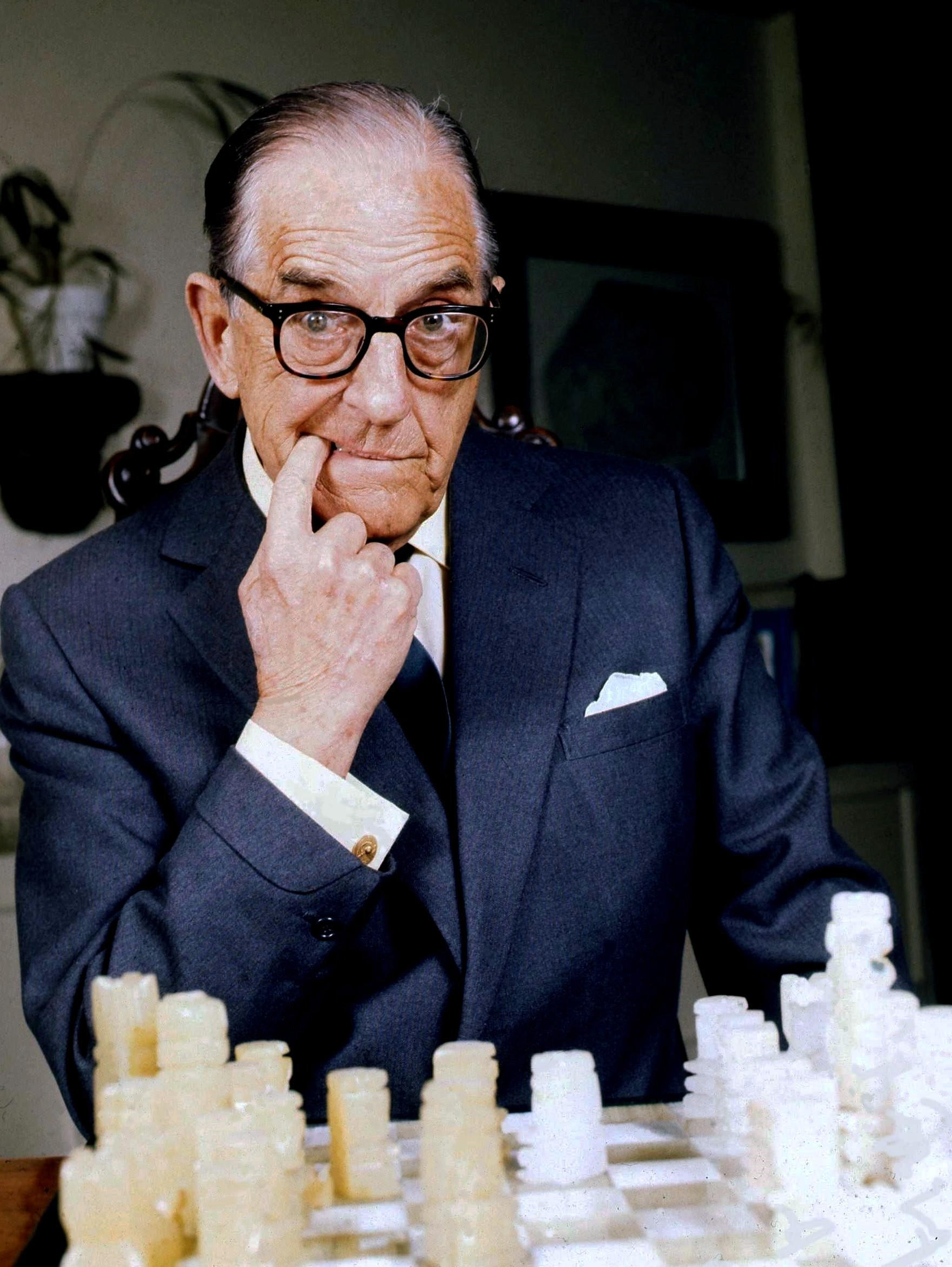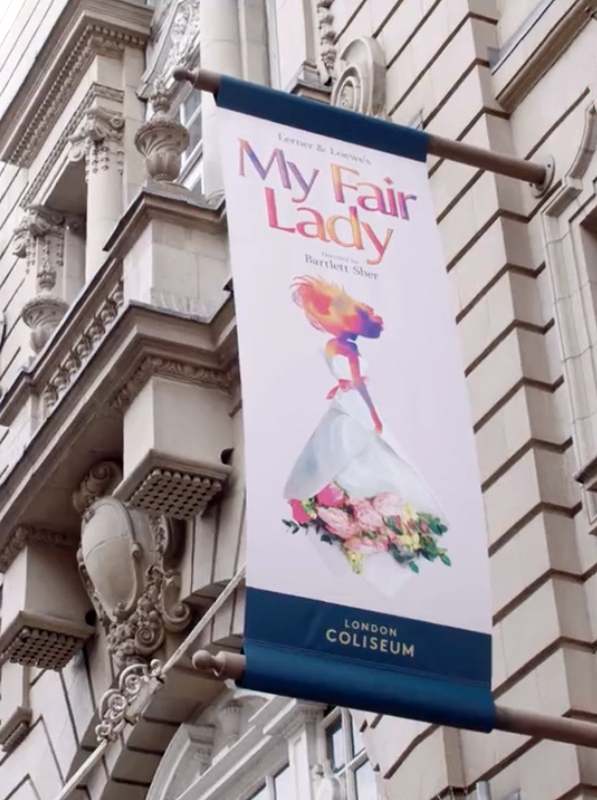|
My Fair Lady (Broadway Cast Recording)
The Broadway cast recording of the musical ''My Fair Lady'' was released as an album by Columbia Records on the Masterworks label on April 2, 1956. The songs were composed by Frederick Loewe with lyrics by Alan Jay Lerner and conducted by Franz Allers, while the cast included stars Rex Harrison and Julie Andrews. The album became a massive seller, topping the charts on the US ''Billboard'' 200 for fifteen weeks at different times in 1956 (eight consecutive weeks), 1957, 1958 and 1959. It was the first LP record to sell 1 million copies. In the UK, upon its release in 1958, the album reached No.1 for 19 consecutive weeks and became the biggest-selling album of the year. Columbia's President, Goddard Lieberson provided the $375,000 needed to stage the show in return for the rights to the Cast recording. Columbia first reissued the album on compact disc The compact disc (CD) is a digital optical disc data storage format that was co-developed by Philips and Sony to ... [...More Info...] [...Related Items...] OR: [Wikipedia] [Google] [Baidu] |
Columbia 30th Street Studio
CBS 30th Street Studio, also known as Columbia 30th Street Studio, and nicknamed "The Church", was an American recording studio operated by Columbia Records from 1948 to 1981 located at 207 East 30th Street, between Second and Third Avenues in Manhattan, New York City. Actually containing two Columbia sound rooms — “Studio C” and “Studio D” — the facility was considered by some in the music industry to offer the best-sounding recording venue of its time, while others considered it to have been the greatest recording studio in history. Numerous recordings were made there in all genres, including Ray Conniff's '''S Wonderful'' (1956), Miles Davis' ''Kind of Blue'' (1959) and ''In A Silent Way'' (1969), Leonard Bernstein's ''West Side Story'' (Original Broadway Cast recording, 1957), Percy Faith's ''Theme from A Summer Place'' (1959), Chicago's ''Chicago Transit Authority'' (1969), ''Chicago'' (1970), and ''Chicago III'' (1971), Pink Floyd's ''The Wall'' (1979), as well as ... [...More Info...] [...Related Items...] OR: [Wikipedia] [Google] [Baidu] |
LP Record
The LP (from "long playing" or "long play") is an analog sound storage medium, a phonograph record format characterized by: a speed of rpm; a 12- or 10-inch (30- or 25-cm) diameter; use of the "microgroove" groove specification; and a vinyl (a copolymer of vinyl chloride acetate) composition disk. Introduced by Columbia in 1948, it was soon adopted as a new standard by the entire record industry. Apart from a few relatively minor refinements and the important later addition of stereophonic sound, it remained the standard format for record albums (during a period in popular music known as the album era) until its gradual replacement from the 1980s to the early 2000s, first by cassettes, then by compact discs, and finally by digital music distribution. Beginning in the late 2000s, the LP has experienced a resurgence in popularity. Format advantages At the time the LP was introduced, nearly all phonograph records for home use were made of an abrasive shellac compound ... [...More Info...] [...Related Items...] OR: [Wikipedia] [Google] [Baidu] |
On The Street Where You Live
"On the Street Where You Live" is a song with music by Frederick Loewe and lyrics by Alan Jay Lerner from the 1956 Broadway musical ''My Fair Lady''. It is sung in the musical by the character Freddy Eynsford-Hill, who was portrayed by John Michael King in the original production. In the 1964 film version, it was sung by Bill Shirley, dubbing for actor Jeremy Brett. Recorded versions The most popular single of the song was recorded by Vic Damone in 1956 for Columbia Records. It reached No. 4 on the ''Billboard'' chart and No. 6 on '' Cashbox'' magazine's chart. It was a No. 1 hit in the UK Singles Chart in 1958. Eddie Fisher also had a top 20 ''Billboard'' hit with the song in 1956, reaching No. 18.Joel Whitburn, ''Top Pop Singles'' Lawrence Welk and His Orchestra released a version that went to No. 96 in 1956. Andy Williams' recording appeared in the ''Billboard'' top 40 in 1964, reaching No. 3 on the adult contemporary chart and No. 28 on the ''Billboard'' Hot 100. The song ... [...More Info...] [...Related Items...] OR: [Wikipedia] [Google] [Baidu] |
I Could Have Danced All Night
"I Could Have Danced All Night" is a song from the musical ''My Fair Lady'', with music written by Frederick Loewe and lyrics by Alan Jay Lerner,"'My Fair Lady' Listing InternetBroadwayDatabase, accessed August 23, 2011 published in . The song is sung by the musical's heroine, , expressing her exhilaration and excitement after an impromptu dance with her tutor, Henry Higgins - in the small hours of the morning. In a during the secon ... [...More Info...] [...Related Items...] OR: [Wikipedia] [Google] [Baidu] |
The Rain In Spain
"The Rain in Spain" is a song from the musical ''My Fair Lady'', with music by Frederick Loewe and lyrics by Alan Jay Lerner. The song was published in 1956. The song is a turning point in the plotline of the musical. Professor Higgins and Colonel Pickering have been drilling Eliza Doolittle incessantly with speech exercises, trying to break her Cockney accent speech pattern. The key lyric in the song is "The rain in Spain stays mainly in the plain", which contains five words that a Cockney would pronounce with or – more like "eye" than the Received Pronunciation diphthong . With the three of them nearly exhausted, Eliza finally "gets it", and recites the sentence with all "proper" long-As. The trio breaks into song, repeating this key phrase as well as singing other exercises correctly, such as "In Hertford, Hereford, and Hampshire, hurricanes hardly ever happen", in which Eliza had failed before by dropping the leading 'H'. Origin The phrase does not appear in Shaw's orig ... [...More Info...] [...Related Items...] OR: [Wikipedia] [Google] [Baidu] |
Stanley Holloway
Stanley Augustus Holloway (1 October 1890 – 30 January 1982) was an English actor, comedian, singer and monologist. He was famous for his comic and character roles Stanley Holloway on stage and screen, on stage and screen, especially that of Alfred P. Doolittle in ''My Fair Lady''. He was also renowned for his Songs and monologues of Stanley Holloway, comic monologues and songs, which he performed and recorded throughout most of his 70-year career. Born in London, Holloway pursued a career as a clerk in his teen years. He made early stage appearances before infantry service in the First World War, after which he had his first major theatre success starring in ''Kissing Time'' when the musical transferred to the West End theatre, West End from Broadway theatre, Broadway. In 1921, he joined a Concert party (entertainment), concert party, ''The Co-Optimists'', and his career began to flourish. At first, he was employed chiefly as a singer, but his skills as an actor and re ... [...More Info...] [...Related Items...] OR: [Wikipedia] [Google] [Baidu] |
With A Little Bit Of Luck
"With a Little Bit of Luck" is a popular song by Alan Jay Lerner and Frederick Loewe, written for the 1956 Broadway play ''My Fair Lady''. It was sung by Stanley Holloway as Alfred P. Doolittle in both the original stage and film versions. It is sung by Eliza's bin man father, Alfred P. Doolittle and is about a list of everyday situations which one finds themselves in, and a desire to take the easy way out as "With a Little Bit of Luck" one's fate might change, thus avoiding any responsibility. The song is traditionally sung in a deep Cockney accent. The song occurs twice at Act 1 in the musicals. Both "With a Little Bit of Luck" scenes are at the same tenement in Tottenham Court Road, London in 1912. Firstly, Alfred P. Doolittle sings along with bin men Harry and Jamie who are his drinking companions after the scene Eliza's " Wouldn't It Be Loverly?" and secondly (''reprise''), three days later, with new verses to hear of Eliza he sings along with all the common people ther ... [...More Info...] [...Related Items...] OR: [Wikipedia] [Google] [Baidu] |
Wouldn't It Be Loverly
"Wouldn't It Be Loverly" is a popular song by Alan Jay Lerner and Frederick Loewe, written for the 1956 Broadway play ''My Fair Lady''. The song is sung by Cockney flower girl Eliza Doolittle and her street friends. It expresses Eliza's wish for a better life. In addition to pronouncing "lovely" as "loverly", the song lyrics highlight other facets of the Cockney accent that Professor Henry Higgins wants to refine away as part of his social experiment. In the stage version it was sung by Julie Andrews. In the 1964 film version, Marni Nixon dubbed the song for Audrey Hepburn. Both Andrews' and Nixon's versions are available on the original cast and soundtrack albums, respectively, and Hepburn's original version is available in the specials for the DVD of the film. Andy Williams released a version of the song on his 1964 album, '' The Great Songs from "My Fair Lady" and Other Broadway Hits''. In the late 1980s and early 1990s the song was used in television advertisements for Commo ... [...More Info...] [...Related Items...] OR: [Wikipedia] [Google] [Baidu] |
Robert Coote
Robert Coote (4 February 1909 – 26 November 1982) was an English actor. He played aristocrats or British military types in many films, and created the role of Colonel Hugh Pickering in the long-running original Broadway production of ''My Fair Lady''. Biography Coote was born in London and educated at Hurstpierpoint College in Sussex. He began his stage career at the age of 16, performing in Britain, South Africa, and Australia before arriving in Hollywood in the late 1930s. He played a succession of pompous British types in supporting roles, including a brief but memorable turn as Sgt. Bertie Higginbotham in '' Gunga Din'' (1939). His acting career was interrupted by his service as a squadron leader in the Royal Canadian Air Force during World War II. He played Bob Trubshawe in Powell and Pressburger's '' A Matter of Life and Death'' (1946), chosen for the first-ever Royal Film Performance on 1 November 1946, before he returned to Hollywood, where his films included ''The ... [...More Info...] [...Related Items...] OR: [Wikipedia] [Google] [Baidu] |
Why Can't The English?
''My Fair Lady'' is a musical based on George Bernard Shaw's 1913 play ''Pygmalion'', with a book and lyrics by Alan Jay Lerner and music by Frederick Loewe. The story concerns Eliza Doolittle, a Cockney flower girl who takes speech lessons from professor Henry Higgins, a phonetician, so that she may pass as a lady. Despite his cynical nature and difficulty understanding women, Higgins grows attached to her. The musical's 1956 Broadway production was a notable critical and popular success, winning six Tony Awards, including Best Musical. It set a record for the longest run of any musical on Broadway up to that time and was followed by a hit London production. Rex Harrison and Julie Andrews starred in both productions. Many revivals have followed, and the 1964 film version won the Academy Award for Best Picture. Plot Act I In Edwardian London, Eliza Doolittle is a flower girl with a thick Cockney accent. The noted phonetician Professor Henry Higgins encounters Eliza at Covent ... [...More Info...] [...Related Items...] OR: [Wikipedia] [Google] [Baidu] |
Compact Disc
The compact disc (CD) is a Digital media, digital optical disc data storage format that was co-developed by Philips and Sony to store and play digital audio recordings. In August 1982, the first compact disc was manufactured. It was then released in October 1982 in Japan and branded as ''Compact Disc Digital Audio, Digital Audio Compact Disc''. The format was later adapted (as CD-ROM) for general-purpose data storage. Several other formats were further derived, including write-once audio and data storage (CD-R), rewritable media (CD-RW), Video CD (VCD), Super Video CD (SVCD), Photo CD, Picture CD, Compact Disc-Interactive (CD-i) and Enhanced Music CD. Standard CDs have a diameter of and are designed to hold up to 74 minutes of uncompressed stereo digital audio or about 650 mebibyte, MiB of data. Capacity is routinely extended to 80 minutes and 700 mebibyte, MiB by arranging data more closely on the same sized disc. The Mini CD has various diameters ranging from ; t ... [...More Info...] [...Related Items...] OR: [Wikipedia] [Google] [Baidu] |
Goddard Lieberson
Goddard Lieberson (April 5, 1911 – May 29, 1977) was the president of Columbia Records from 1956 to 1971, and again from 1973 to 1975. He became president of the Recording Industry Association of America in 1964. He was also a composer, and studied with George Frederick McKay, at the University of Washington, Seattle. He married Vera Zorina in 1946 and with her had 2 children. Biography Lieberson was born to a Jewish family on April 5, 1911, in Hanley in Staffordshire; his father was a manufacturer of rubber shoe heels who took his family to the United States when Lieberson was a child. He studied classical piano and composition at the Eastman School of Music in the 1930s and after graduating he wrote classical concert reviews under the pseudonym "Johann Sebastian".Dannen, Frederic, ''Hit Men: Power Brokers and Fast Money Inside The Music Business'', Vintage Books, 1991 (), p. 58 He was married to actress/dancer Vera Zorina from 1946 until his death in 1977. They had two s ... [...More Info...] [...Related Items...] OR: [Wikipedia] [Google] [Baidu] |


